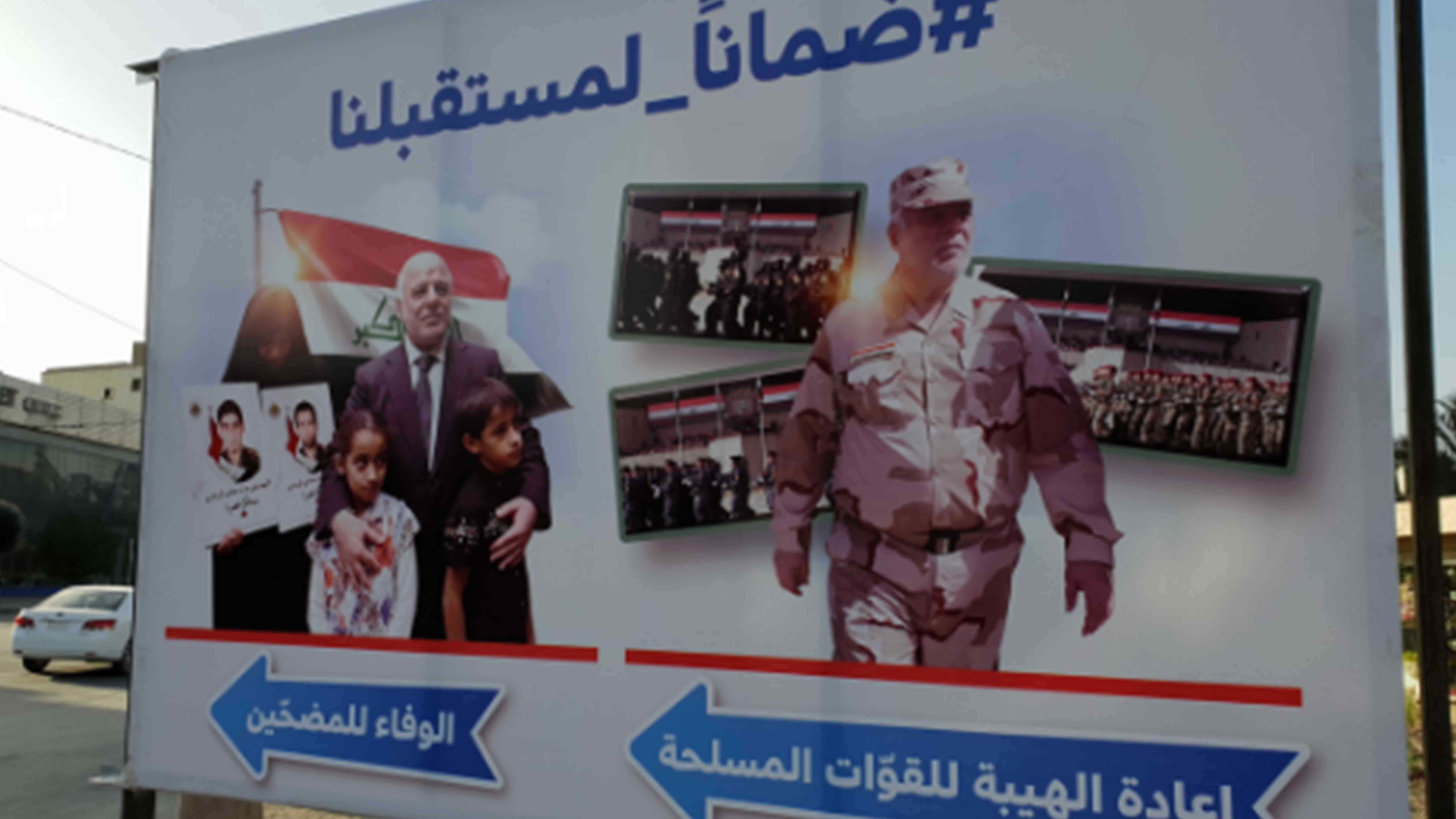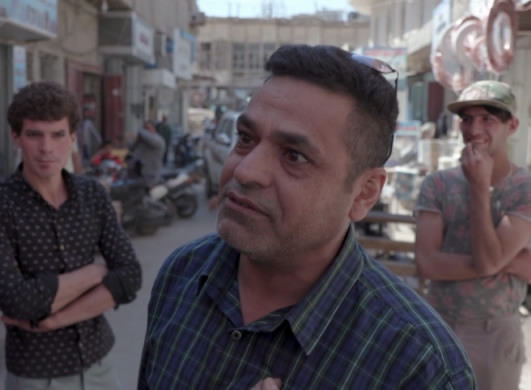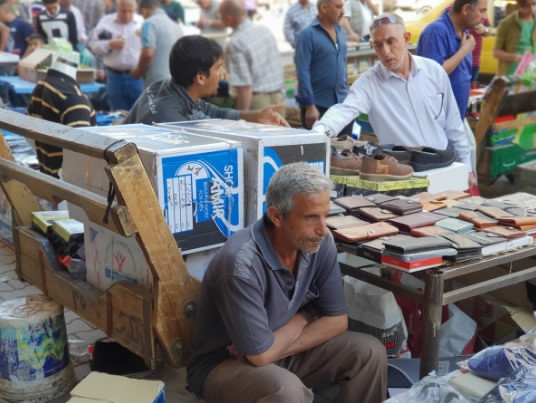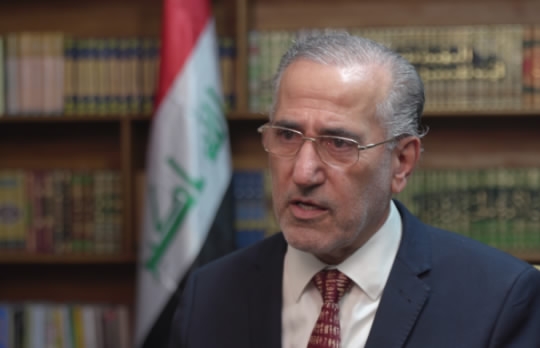
Politics
21:31, 23-Mar-2018
Locals, officials react to Iraq's upcoming PM election
By Jack Barton

On May 12 Iraqis will go to the polls to elect parliamentarians who in turn will select the country’s new prime minister.
Whoever it is will face the daunting tasks of rebuilding Iraq after a three-year war with ISIL and a battle against entrenched corruption that has allegedly been eating away at oil revenues and adding to the unrest.
The good news is that business is booming again in Baghdad where the security situation has been relatively stable in the wake of ISIL’s defeat.
“It is a good time to do business in Iraq if we put the right people in the right place,” says technology engineer Ali Raad Samir, who runs an Internet cafe.

CGTN Photo
CGTN Photo
Though Ali says, “I’m afraid to say all we have here in the government and leaders are a little confused, they can’t choose the right way to begin with so we have to pick the right leaders to do the right thing for our country to rise up again.”
Sectarian tensions have eased, but there are other issues affecting stability, including endemic corruption, poor services and high unemployment.
On the streets Iraqis also complain that elections keep turning up the same politicians with the same policies.

CGTN Photo
CGTN Photo
“They don’t want to work for the people, just for themselves,” says lawyer Abu Ali.
Prime Minister Haider al-Abadi is seeking re-election.
Another contender is former leader Nuri al-Maliki, who is close to Iran and has been criticized for anti-Sunni policies in the past that are alleged to have stirred up violence.
The next leader will almost certainly be a Shiite, reflecting the majority of Iraqis, but could face a gridlocked parliament due to the country’s quota system.

CGTN Photo
CGTN Photo
“We have a very clear vision of what the next government should do, the next government has to be a political government majority, not a sectarian government, not a quota government, this number of seats for the Kurds, this number of seats for the Sunnis, this number of seats for the Shiites, this should stop,” says Mowaffak al-Rubaie, Iraqi member of Parliament for State of Law party.
There is fatigues here after 15 years of conflict, but also a window of opportunity for politicians to expand on the sense of unity and relative calm that Iraq is experiencing as Iraq attempts to rebuild.

SITEMAP
Copyright © 2018 CGTN. Beijing ICP prepared NO.16065310-3
Copyright © 2018 CGTN. Beijing ICP prepared NO.16065310-3